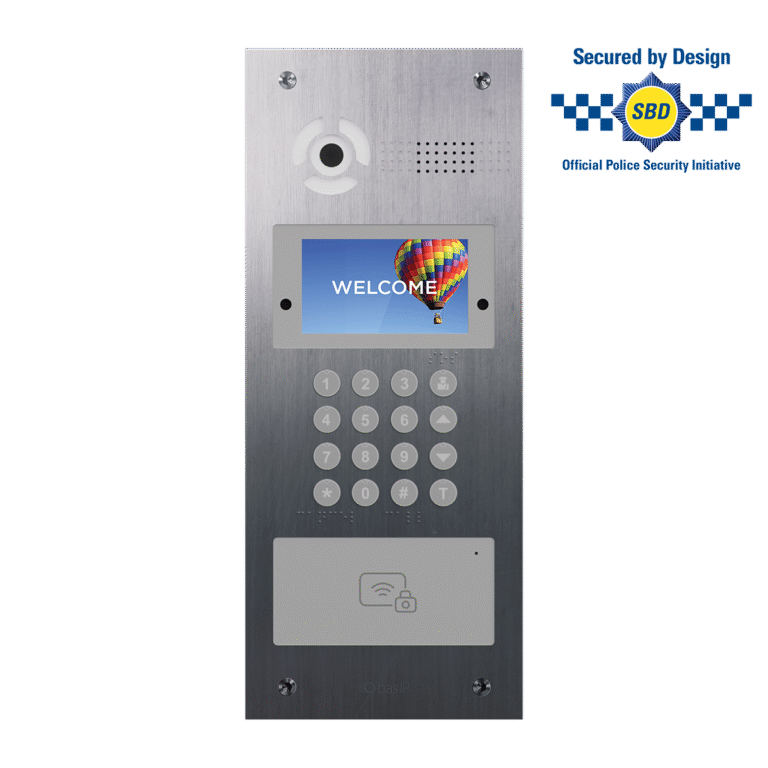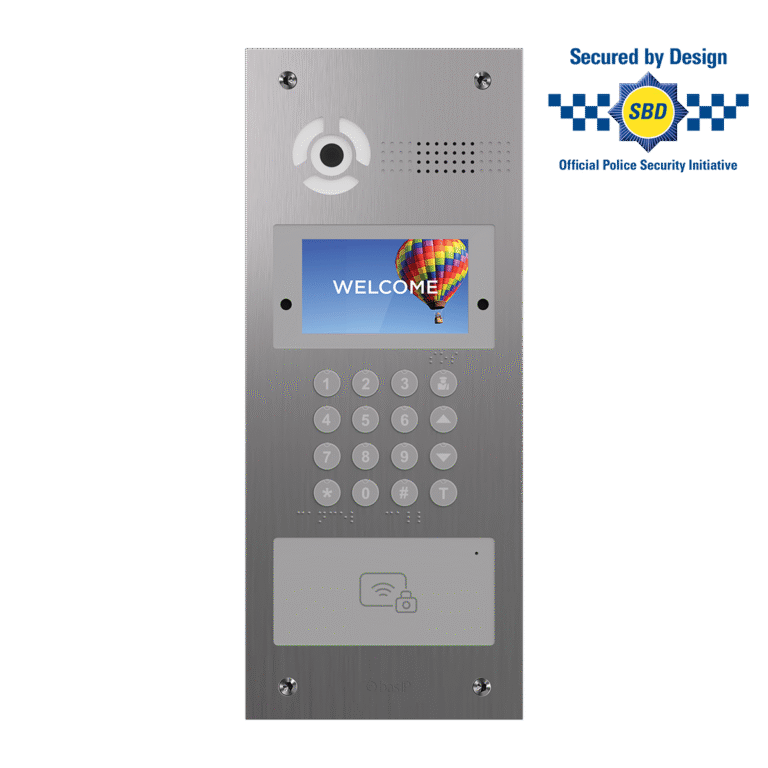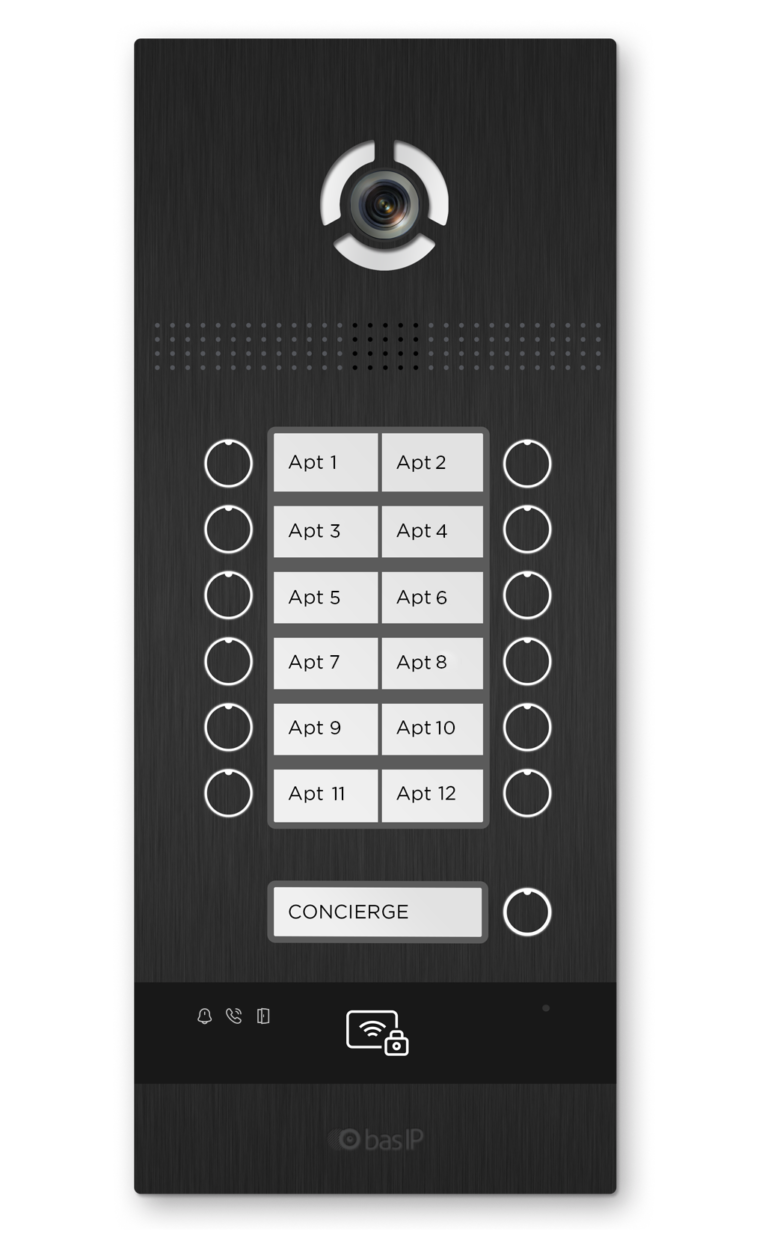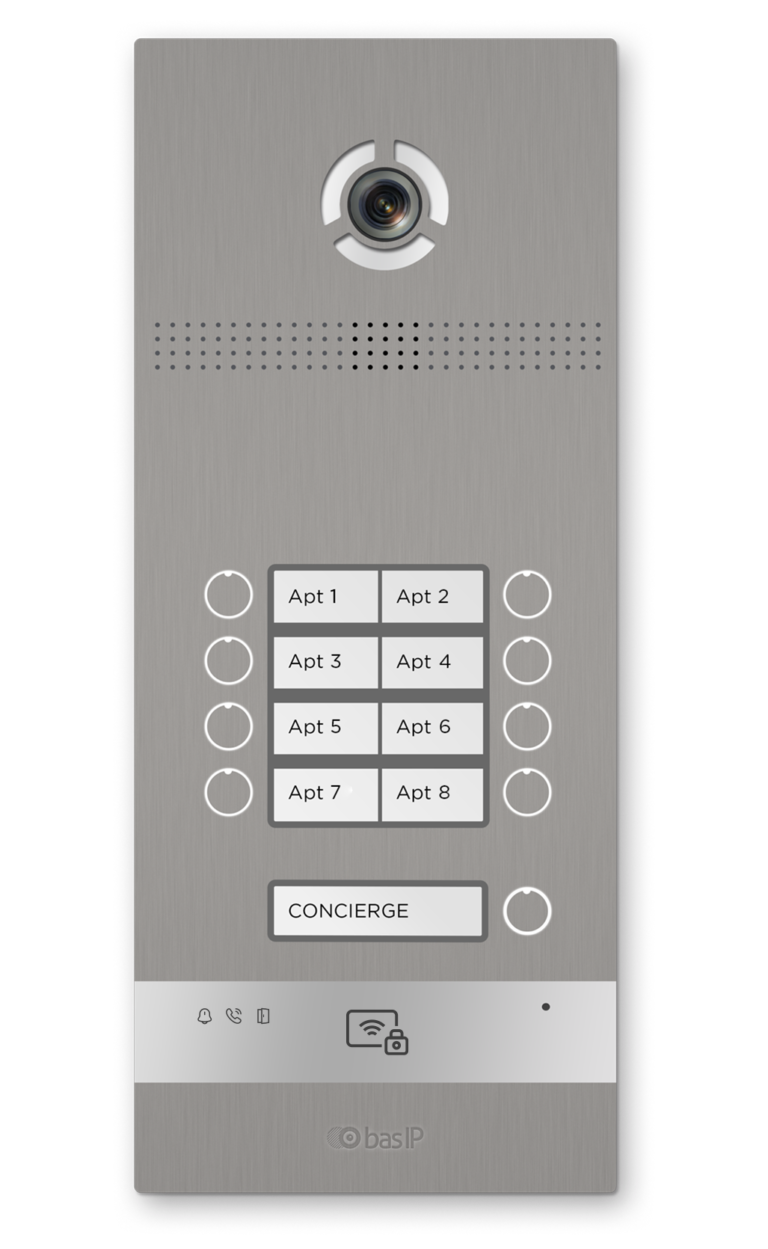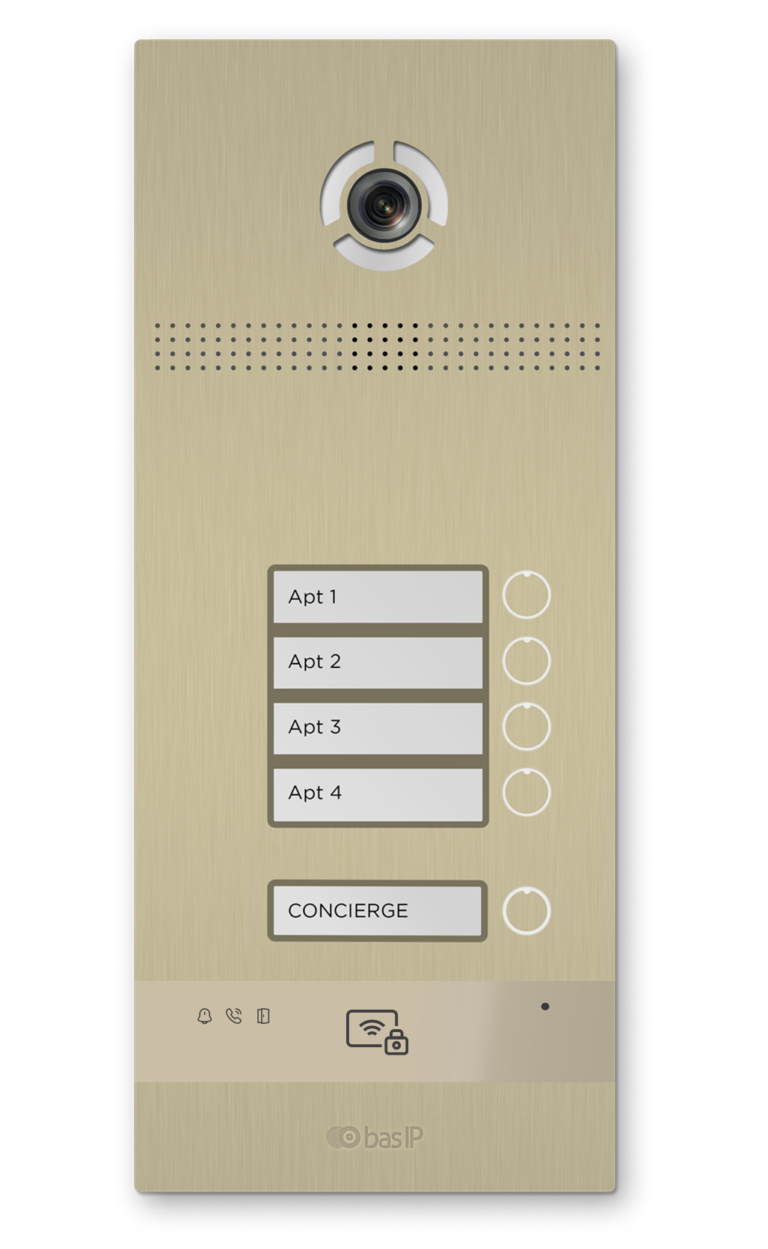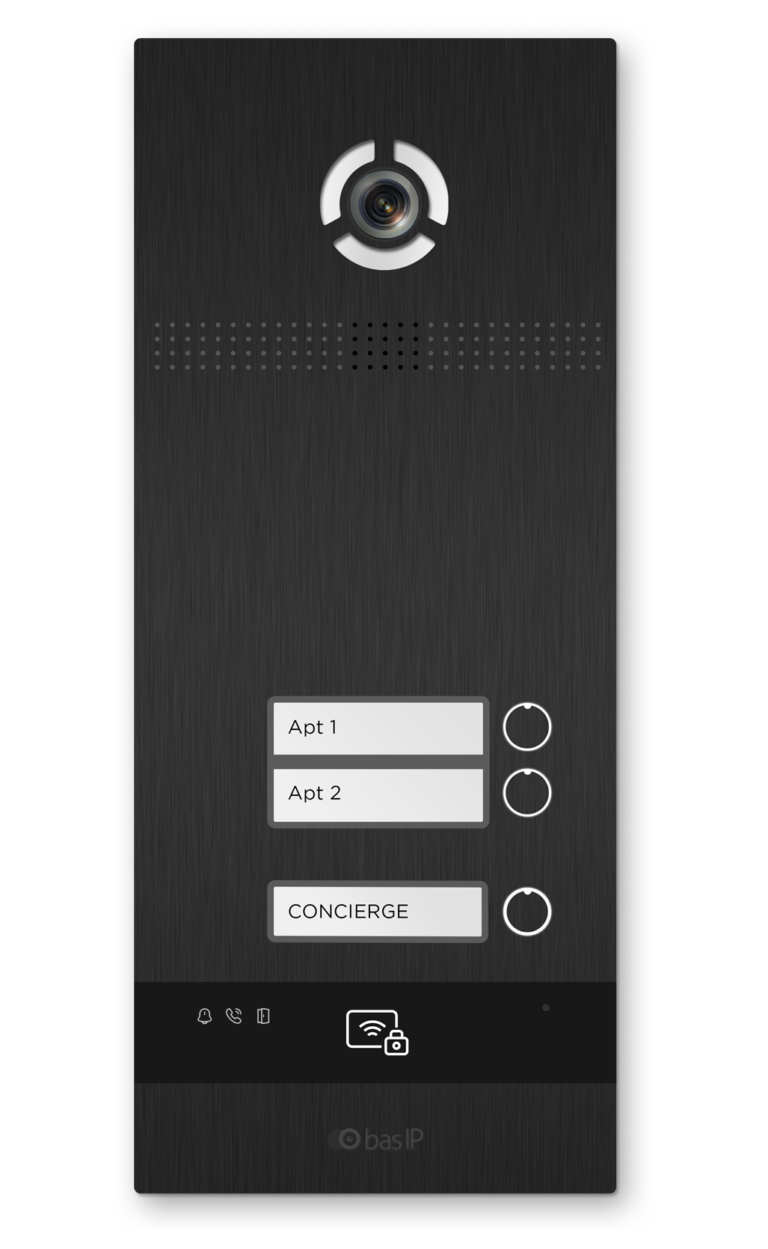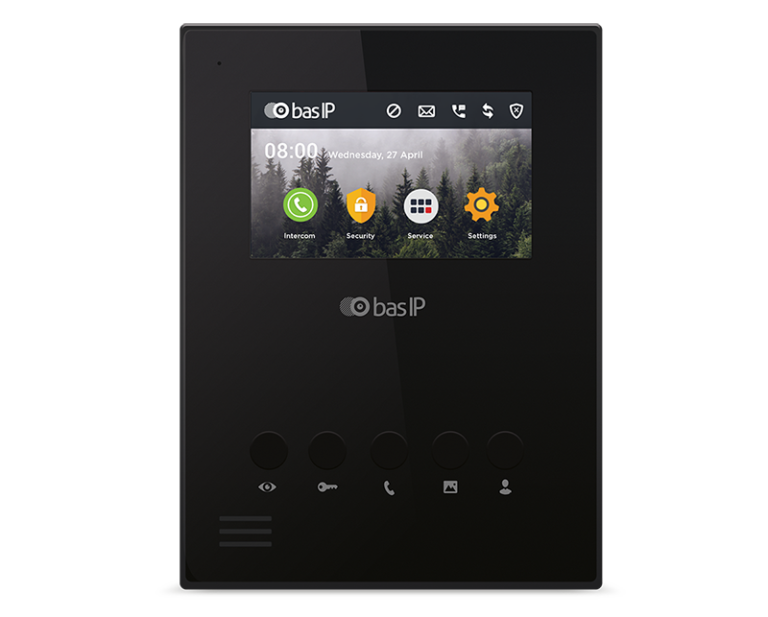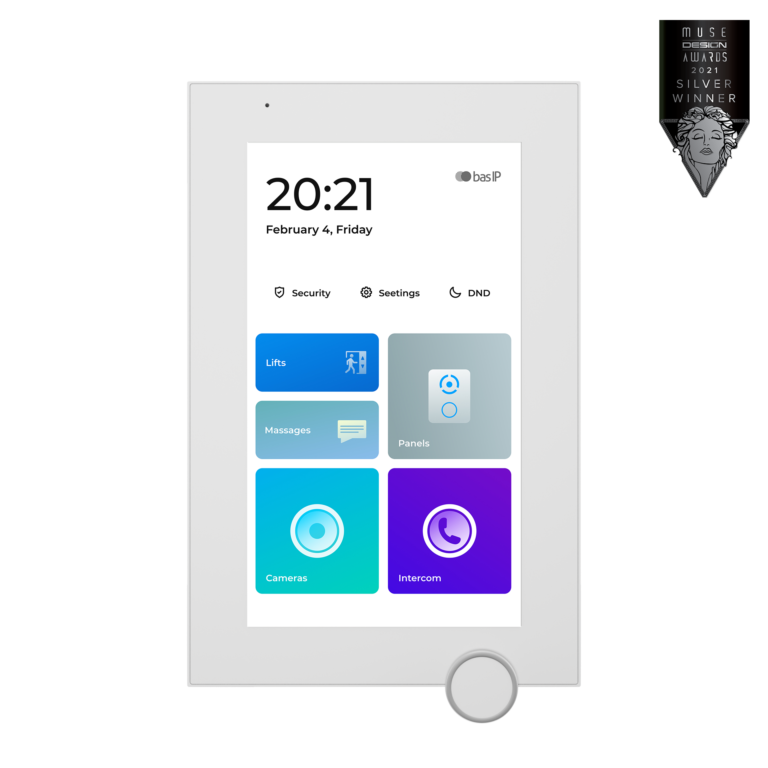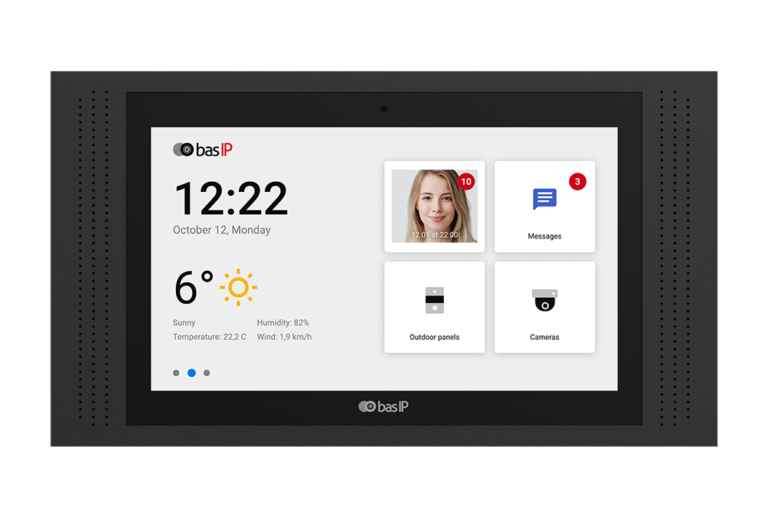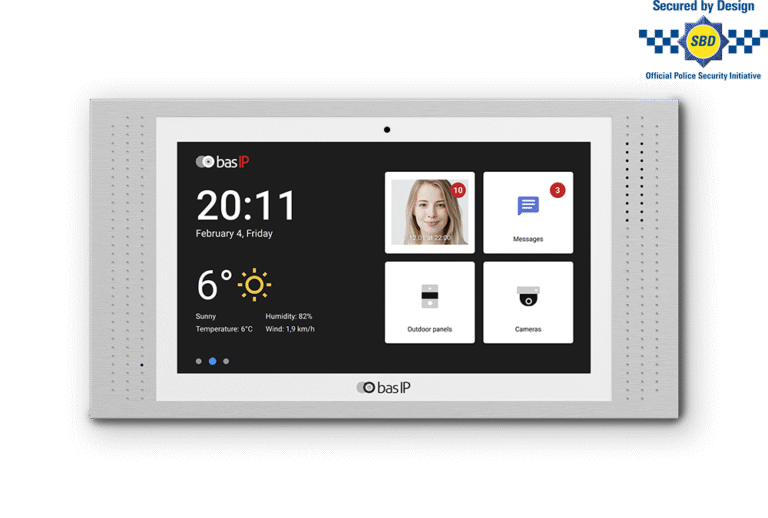IP-Enabled Intercom Systems Unleashed
IP-enabled intercom systems have emerged as the game-changing solution for residential, commercial, and industrial properties, offering unprecedented benefits in the realm of communication and security. This comprehensive article delves into the fascinating world of IP-enabled intercom systems, exploring their unique features, advantages, and the reasons behind their rapidly growing popularity. Buckle up as we take you on a journey to understand these cutting-edge communication systems and their impact on our daily lives.

IP-Enabled Intercom Systems: The Modern Communication Revolution
What is an IP-Enabled Intercom System?
An IP-enabled intercom system is a cutting-edge communication technology that utilizes Internet Protocol (IP) for transmitting audio and video signals between intercom devices. Unlike traditional analog intercom systems, IP-enabled intercom systems offer seamless integration with existing IP networks, enabling faster and more reliable communication.
Key Components of an IP-Enabled Intercom System
- IP Intercom Stations: These devices facilitate two-way communication between users and can be installed both indoors and outdoors.
- IP Network Infrastructure: The backbone of the system, providing connectivity between all components.
- Integration with Access Control Systems: The ability to control access to a property or specific areas using IP intercom stations.
The Perks of Choosing IP-Enabled Intercom Systems
Improved Security
- Crystal-clear audio and high-definition video for precise identification
- Secure data transmission through encrypted communication
- Integration with access control systems for increased security
Scalability and Flexibility
- Easy expansion of the system by adding new IP intercom stations
- Compatibility with a variety of IP devices, such as cameras, access control systems, and VoIP phones
Remote Access and Monitoring
- Access your IP-enabled intercom system from anywhere with an internet connection
- Monitor entry points and communicate with visitors using mobile devices or computers
Cost-Effectiveness
- Reduced cabling requirements, as IP intercom stations can use existing network infrastructure
- Lower maintenance costs due to fewer hardware components
Implementing IP-Enabled Intercom Systems in Various Sectors
Residential Properties
- Enhanced security for gated communities and apartment buildings
- Visitor screening and remote access control
Commercial and Office Spaces
- Secured access to sensitive areas
- Improved communication between different departments and floors
Industrial Facilities
- Monitoring and controlling access to restricted zones
- Ensuring safety and communication in hazardous environments
Educational Institutions
- Ensuring the safety of students and staff
- Efficient communication between classrooms, offices, and emergency services


